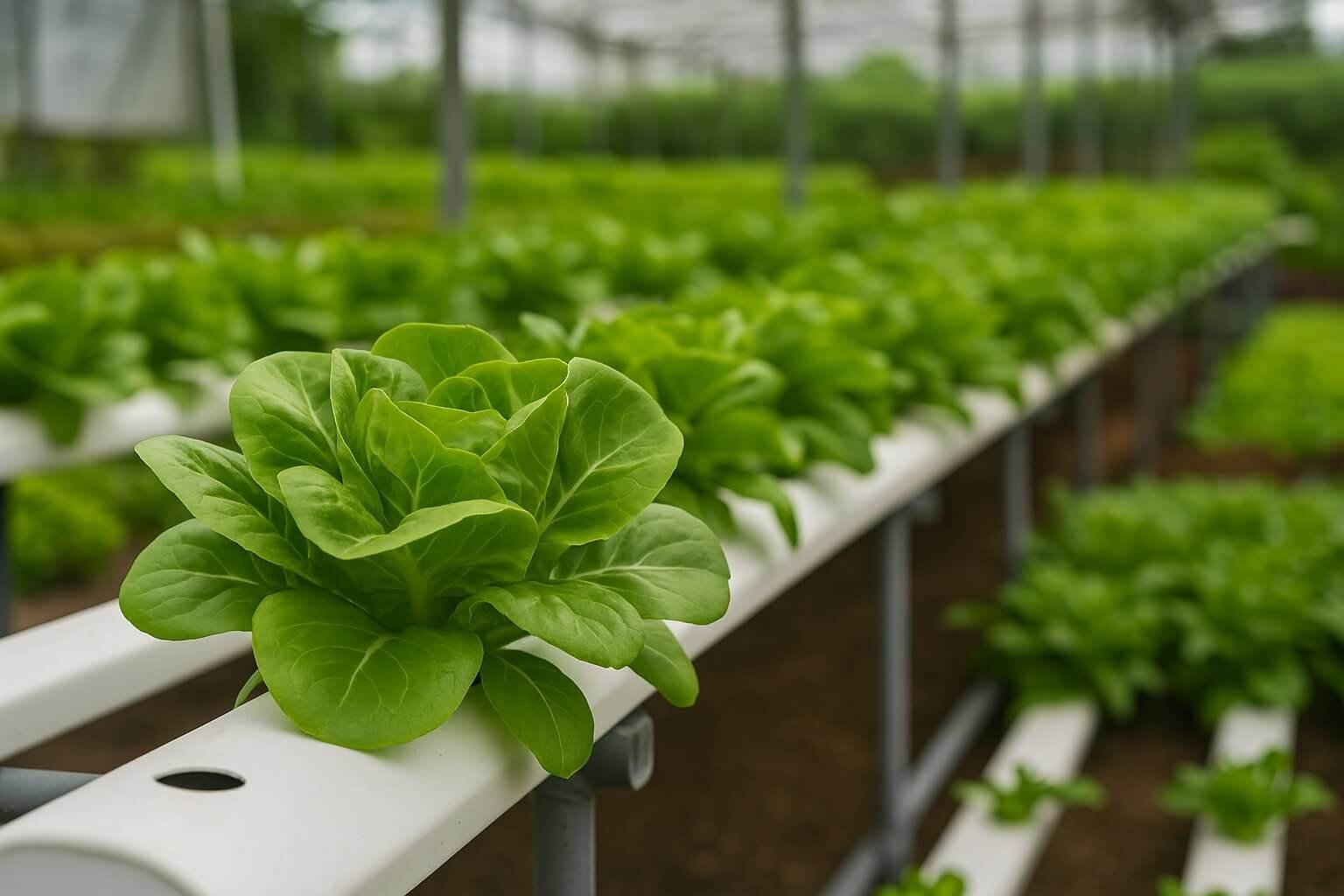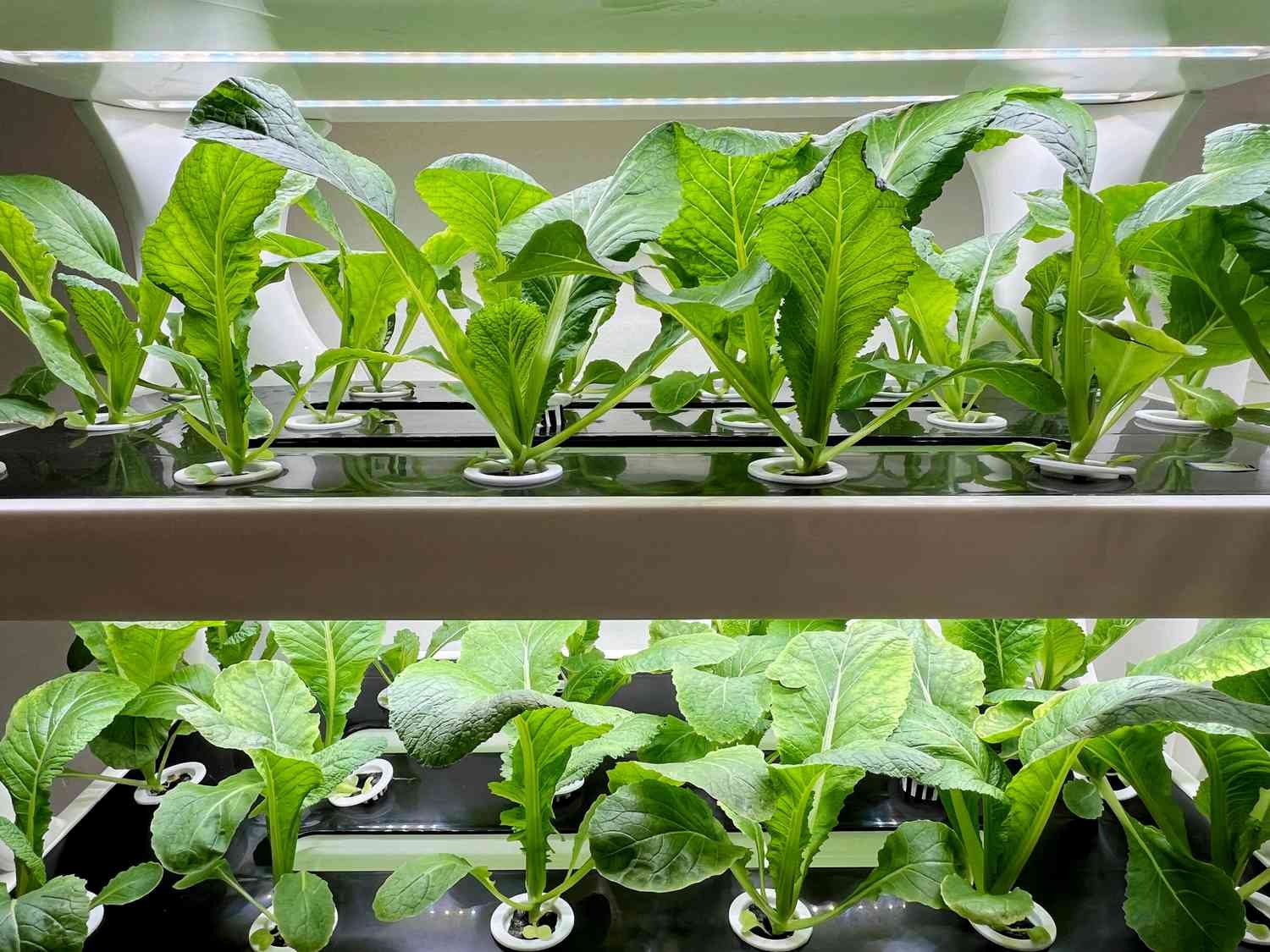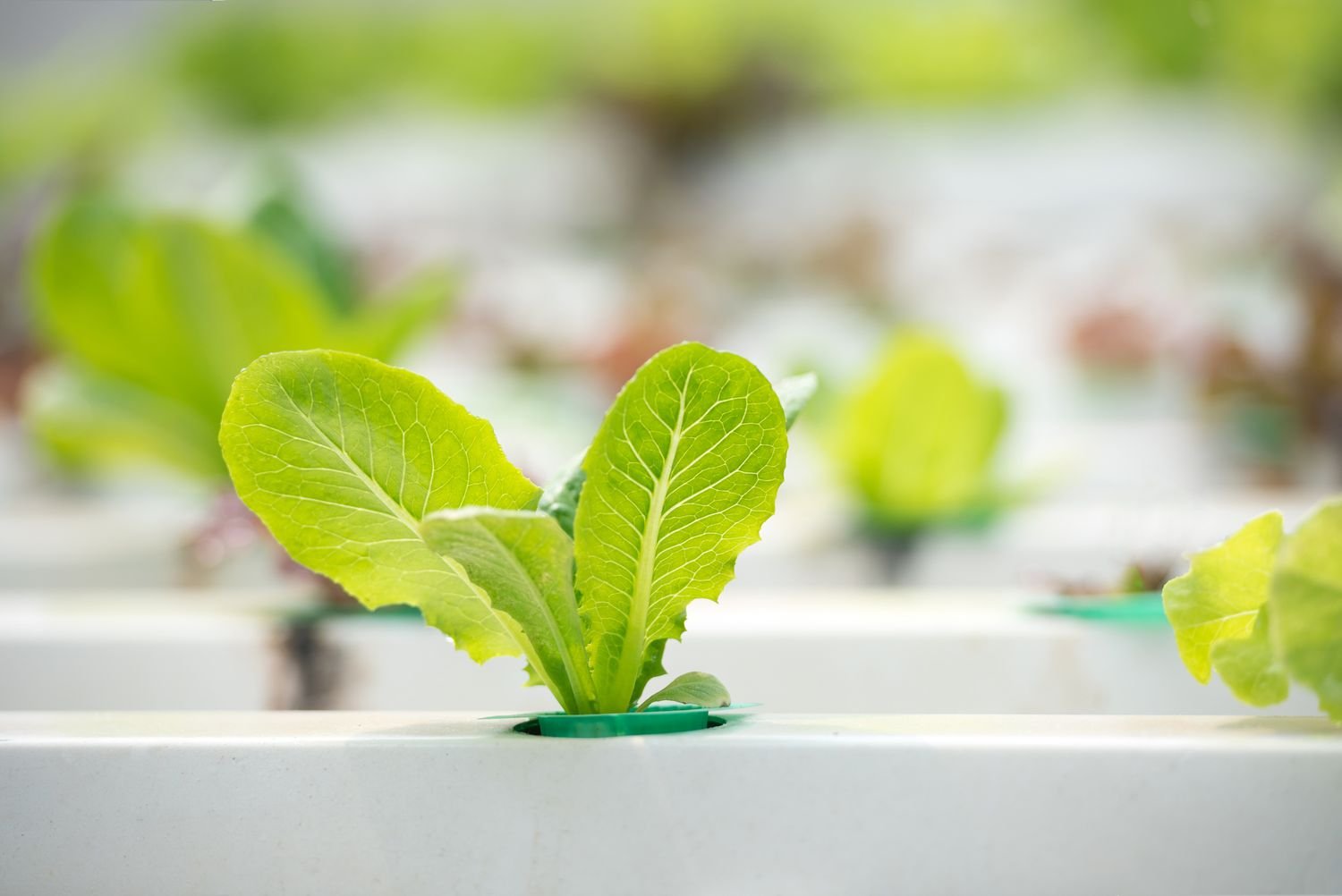A Beginner’s Guide to Soil-Free Success
Hydroponic gardening is revolutionizing the way we grow food. Whether you’re a city dweller with limited space or a sustainability enthusiast, this soil-free method offers a smarter, cleaner, and more efficient way to cultivate plants. But what exactly makes hydroponics so beneficial—and why is it gaining popularity across the globe?
In this guide, we’ll explore the top benefits of hydroponic gardening, how it compares to traditional farming, and why it might be the perfect solution for your home or commercial setup.
🌿 What Is Hydroponic Gardening?
Hydroponic gardening is a method of growing plants without soil. Instead, plants are cultivated in a nutrient-rich water solution that delivers everything they need directly to their roots. This technique can be used indoors or outdoors and is ideal for growing vegetables, herbs, and even fruits.
🌟 Top 10 Benefits of Hydroponic Gardening
1. 🚫 No Soil Required
- Eliminates soil-borne diseases and pests
- Ideal for urban environments or areas with poor soil quality
- Reduces mess and maintenance
2. 💧 Water Efficiency
- Uses up to 90% less water than traditional farming
- Recirculates water through closed systems
- Minimizes runoff and evaporation
3. 🌞 Year-Round Growing
- Controlled environments allow for seasonless cultivation
- Grow fresh produce even in winter
- Perfect for indoor setups with grow lights
4. 📈 Faster Plant Growth
- Plants receive nutrients directly, speeding up growth
- Many crops grow twice as fast compared to soil-based methods
- Ideal for commercial growers seeking quick turnover
5. 🌾 Higher Yields
- Optimized conditions lead to more produce per square foot
- Vertical farming options maximize space
- Consistent harvests with fewer crop failures
6. 🐛 Fewer Pests and Diseases
- Controlled environments reduce exposure to harmful insects
- Less need for chemical pesticides
- Healthier, cleaner produce
7. 🧪 Nutrient Control
- Customize nutrient solutions for specific plant needs
- Improve taste, texture, and nutritional value
- Avoid over-fertilization and nutrient leaching
8. 🏙️ Space Optimization
- Perfect for small apartments, balconies, or rooftops
- Vertical systems allow stacking of plants
- Great for urban farming initiatives
9. 🌍 Environmentally Friendly
- Reduces land degradation and deforestation
- Conserves water and energy
- Supports sustainable agriculture practices
10. 👨🌾 Less Labor Intensive
- Automated systems reduce manual work
- Easier harvesting and maintenance
- Accessible for beginners and hobbyists
🧠 Bonus: Hydroponics vs. Traditional Gardening
| Feature | Hydroponic Gardening | Traditional Gardening |
|---|---|---|
| Soil Use | None | Required |
| Water Consumption | Very Low | High |
| Growth Speed | Fast | Moderate |
| Pest Control | Easier | Challenging |
| Space Efficiency | High (vertical options) | Low |
| Seasonal Flexibility | Year-round | Seasonal |
❓ Frequently Asked Questions (FAQs)
Q1: Is hydroponic gardening suitable for beginners?
Absolutely! Many starter kits are available, and the learning curve is gentle. With a bit of research and setup, anyone can start growing hydroponically.
Q2: What types of plants grow best in hydroponic systems?
Leafy greens like lettuce, spinach, and herbs thrive. Tomatoes, strawberries, and peppers also do well with the right setup.
Q3: Does hydroponic gardening save money?
Yes—especially in the long run. You’ll save on water, fertilizers, and pest control. Plus, you get fresh produce at home!
Q4: Can hydroponics be used commercially?
Definitely. Many commercial farms use hydroponics to produce high-yield crops efficiently and sustainably.
Q5: Is hydroponic produce healthier?
Hydroponic crops often have better nutrient profiles due to controlled feeding. They’re also cleaner and pesticide-free.






